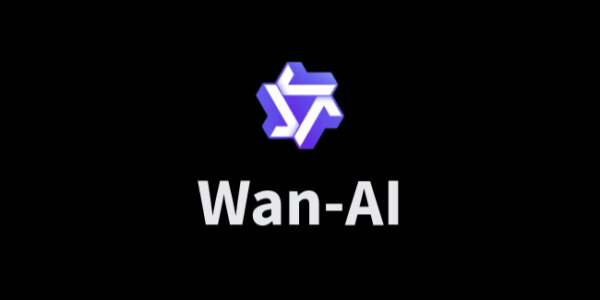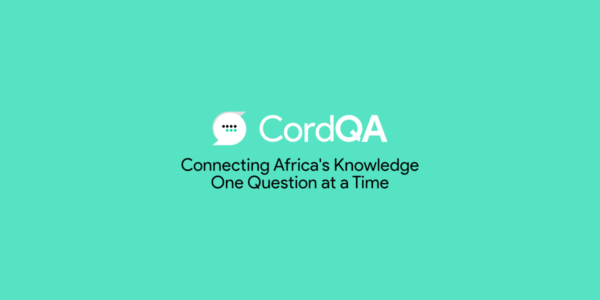Looking for today’s market prices in Uganda? Discover where to get real-time food and agricultural commodity prices from major local markets such as Owino, Kisenyi, Nakawa, Gulu, and Mbarara. Learn how to access accurate, verified price data for grains, fruits, ...
Africa faces specific challenges, like access to education, healthcare shortages, and agricultural inefficiencies. This question explores how AI-powered tools, like mobile diagnostics or precision farming, are providing innovative solutions.
Africa is home to thousands of languages and rich cultural diversity. This question explores how AI can be adapted to respect and represent this diversity, such as through multilingual AI tools or culturally relevant applications.
This is an open-ended question encouraging predictions about AI’s long-term impact, including how it might transform economies, improve lives, or change the way Africans work and interact with technology.
AI requires skilled professionals, but not everyone has access to training. This question focuses on the importance of education and affordable programs to empower Africa’s youth with AI expertise.
AI systems can raise concerns about privacy, bias, and fairness. This question highlights the ethical implications of using AI, especially in sensitive areas like credit scoring, law enforcement, or health diagnostics.
Policies, funding, and collaboration can significantly influence AI’s growth. This question explores the role of government and private-sector partnerships in fostering AI research, startups, and ethical development.




